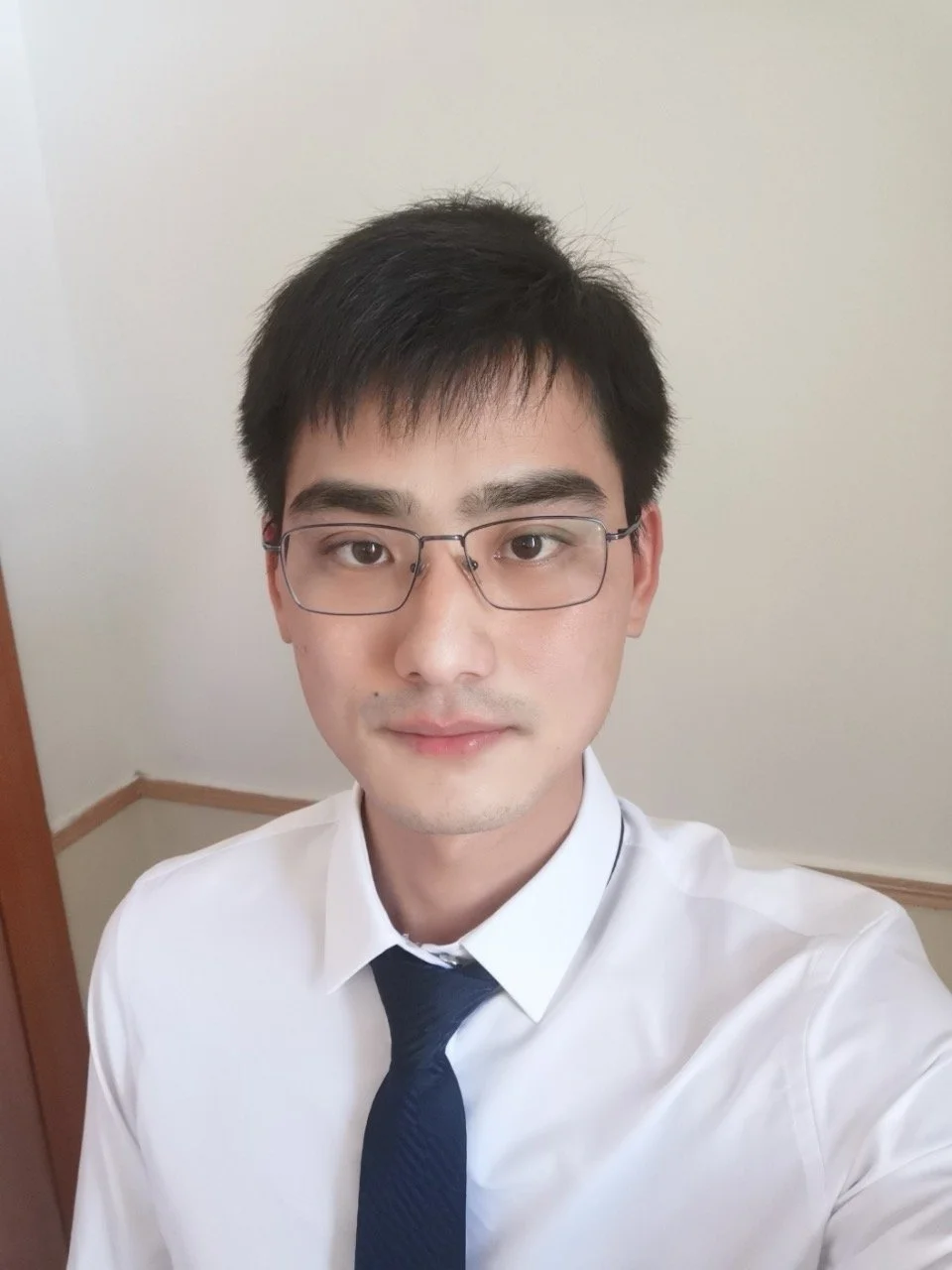Current Members
-
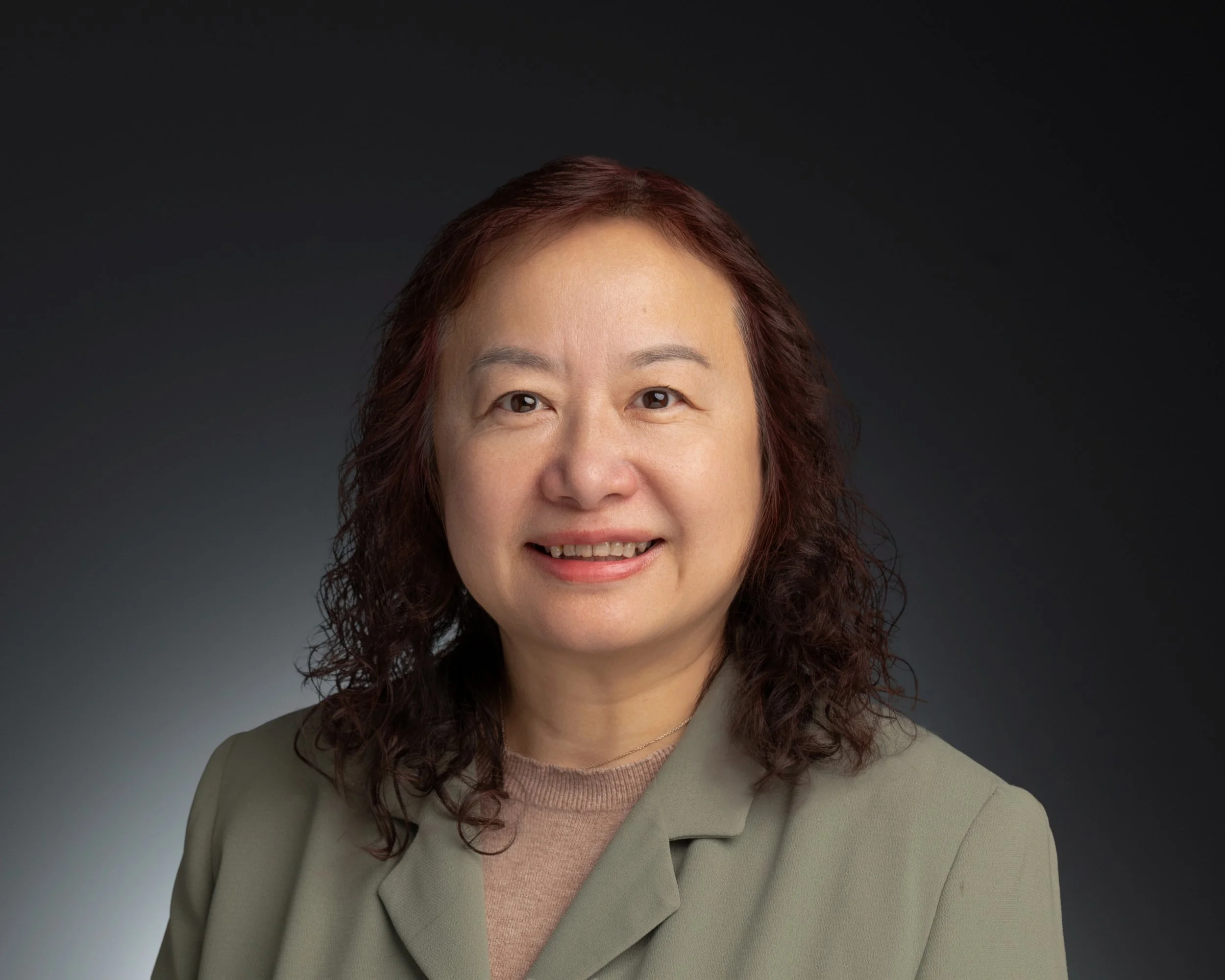
Mei Zhong
Associate Research Scientist
Ph.D., Dept. of Experimental Medicine, McGill University, Montreal, Canada.
M.S.&B.S., Dept. of Biology, Nankai University, Tianjin, China.
As technical director of the Yale Stem Cell Center genomics core. Mei collaborates with Dr. Rong Fan's lab to extend the core services into the multiomic field. The PhenoCycler-Fusion system is the fastest spatial biology solution from Akoya bioscience Inc. The system allows unbiased spatial phenotyping of tissues, accounting for every single cell across the whole slide. It can automate cycling and iterative imaging of 100+ biomarkers across the whole slide. Mei has collaborated with many researchers and worked with multiple tissue types, including clinical Formalin-fixed Paraffin Embedded (FFPE) and Fresh Frozen (FF) samples and various tissue types - lymph nodes, tonsil, bone marrow, liver, brain, mitral valve, heart, spleen, kidney, skin and multiple different tumors.
-

Mingyu Yang
Associate Research Scientist
Ph.D. Bioinformatics, Peking University
Mingyu is a bioinformatics scientist with over 15 years of experience in large-scale multi-omics data analyses including her post-doctoral training in the Fan Lab. she graduated from Peking University under the supervision of Prof. Zemin Zhang. Besides science, she enjoys music, yoga, dance, and travel.
-

Fu Gao
Associate Research Scientist
MD and PhD, Peking University
Fu received his clinical training at Peking University, where he developed a comprehensive understanding of a wide range of clinical diseases. After earning his PhD/MD degree, he served as both an instructor and a physician in Peking University. Following this, he pursued postdoctoral training at Yale Medical School, further enhancing his expertise. Fu's current interests are in the development of innovative tools for spatially-resolved multi-omics. He is dedicated to applying these cutting-edge technologies to practical clinical settings.
-

Di Zhang
Post-doctoral Associate
Di is focusing on spatial multiomics research and likes traveling in her spare time.
-

Xiaolong Tian
Post-doctoral Associate
Xiaolong received his Ph.D. from Fudan University in 2022, focusing on antibody development and antibody repertoire analysis for infectious diseases. He is presently under the joint mentorship of Rong Fan and Sidi Chen, dedicating his efforts to pioneering spatial omics technologies, including spatial glycomics and spatial CRISPR. His research aims to elucidate the mechanisms underlying cancer development and to advance targeted cancer immunotherapies.
-

Anthony Fung
Post-doctoral Associate
PhD, UC San Diego
Anthony "Tony" received his PhD from the University of California San Diego in 2023 under the guidance of Dr. Lingyan Shi in the Shu-Chien Gene-Lay Department of Bioengineering. He studied biomedical imaging applications and analysis with a specialization in label-free vibrational spectromicroscopy modalities such as Stimulated Raman Scattering. After using the label-free multi-modal imaging platform he set up to study subcellular breast cancer metabolism and diabetic kidney disease, he co-founded Raman Noodle Inc. - a metabolic imaging contract research organization and consultation agency. Tony's current interests center on the integration of spatial omics research and microscopy modalities to elucidate the interplay between biomolecular metabolism and biological fate.
-
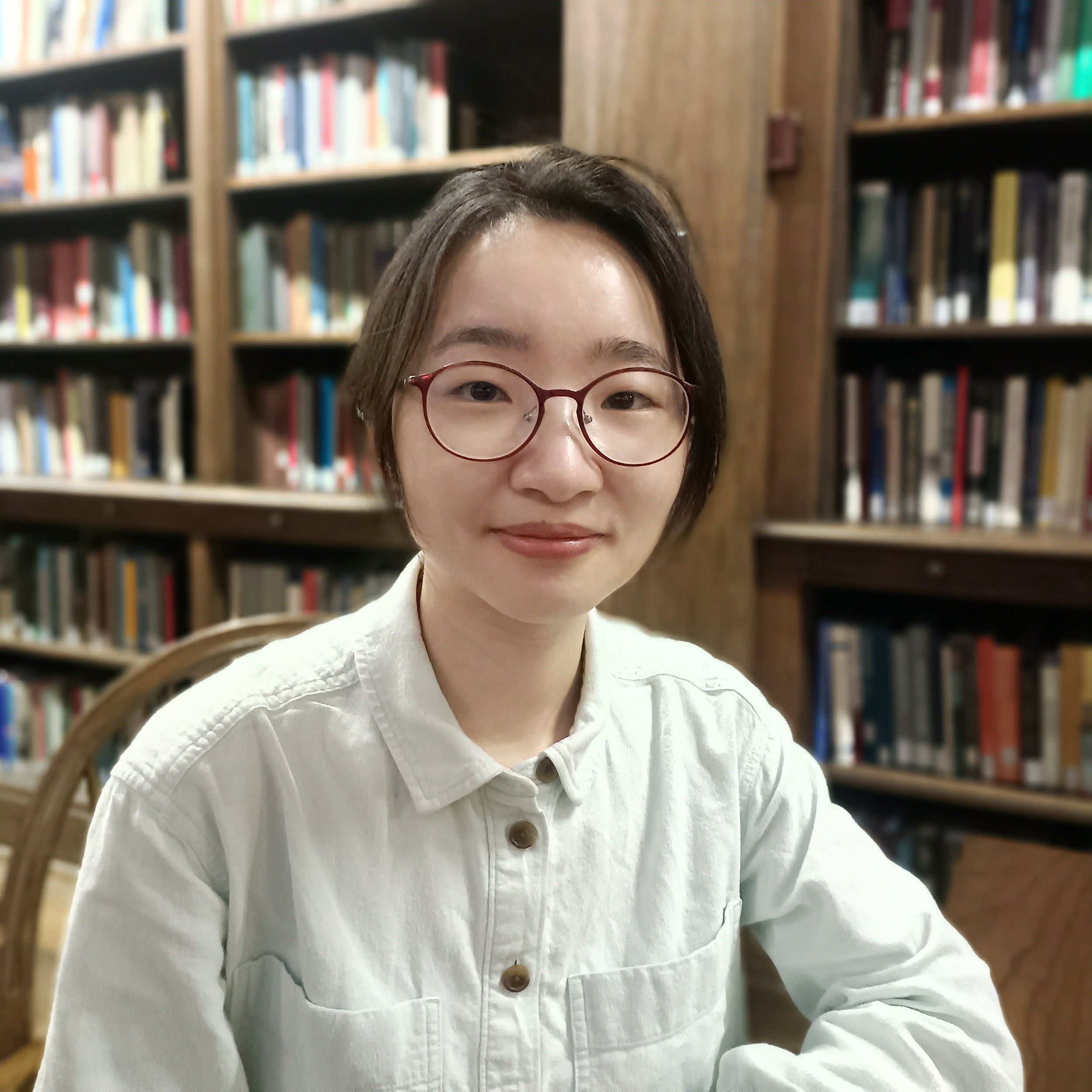
Miao Liu
Post-doctoral Associate
B.S., Biological Sciences, Nanjing University, 2017
Ph.D., Genetics, Yale University, 2023
Miao received her Ph.D. under the guidance of Dr. Siyuan (Steven) Wang. During the Ph.D. study, Miao developed an imaging-based method named “Multiplexed Imaging of Nucleome Architectures” (MINA) that can profile 3D chromatin folding, RNA expression and protein localization in single cells in tissues. Miao further studied the evolutionary changes in 3D genome during lung and pancreatic cancer progression and explored the potential of single-cell cancer 3D genome mapping in providing candidate therapeutic targets and biological insights. Currently, Miao is interested in integrating spatial multi-omics sequencing with optical imaging techniques to study tissue development and diseases. In her spare time, she enjoys reading, writing and spending time with family and friends.
-

Xiaoyu Qin
PhD Student
B.S. Biological Sciences, University of Science and Technology of China
Xiaoyu is interested in developing new tools for spatially-resolved multi-omics sequencing, and characterizing the hematopoietic niche within its spatial context. When she’s not doing research, you may find her being outdoors, traveling, or reading about everything.
-

Archibald Enninful
PhD Student
B.S. Biomedical Engineering, Yale University 2020
Archie first joined the Fan Lab during his undergraduate studies applying spatial omics technologies to study the mouse lymph node microenvironment. As a graduate student in the Fan Lab, his work is focused on mapping senescent cells in lymphoid tissues as part of the NIH’s Cellular Senescence Network (SenNet) Consortium. In his spare time, he enjoys cooking, and playing FIFA, and is a big fan of Liverpool FC.
-

Negin Farzad
PhD Student
B.S. Medical Sciences, Shahid Behesti University, 2015
Negin gained a deep appreciation of cancer, radiotherapy and medical physics and found her passion in biomedical Engineering. In the Fan lab, she works on spatial transcriptomic and multiomic mapping human and mouse liver to profile liver zonation and study Senescence and immune cells as well as complex metabolism involved in several key liver functions. In her spare time, she enjoys working out, playing tennis, and musical instruments.
-

Alev Baysoy
PhD Student
B.S. Engineering Sciences, Princeton University 2018
Alev worked as a research affiliate in both Christophe Benoist's group at Harvard Medical School and The Broad Institute until 2021. During this time, she also became an active member of The Immunological Genome Project and pursued her Master’s in Data Science. In the Fan lab, she hopes to develop spatial CRISPR-screening technology to determine spatial multiomics heterogeneity in the context of disease. When she isn’t in the lab, she likes to play ice hockey, soccer, ski and run. She also enjoys cooking, spending time with family and friends, and traveling.
-

Yao Lu
PhD Student
B.S. Mathematics, Fudan University
M.S. Biostatistics, Johns Hopkins University
Before joining Fan Lab, Yao spend a few years doing research in cancer and cardiovascular disease. She is specially interested in multi-omics, spatial transcriptomics, and advanced algorithms in this field. She is now a member of the SenNet project and hopes to use spatial transcriptomics to decode secrets in aging and age-related diseases, such as cancer. She also enjoys reading novels and searching for nice restaurants in her spare time.
-

Jungmin Nam
PhD Student
B.S. Bio-Convergence and Nano Science & Engineering, Yonsei University, 2022
Jungmin is working on profiling mouse lymph nodes using spatial transcriptomics and multiplexed tissue imaging. Outside of the lab, she enjoys knitting, playing the violin, pilates, and reading.
-

Zixi Liu
PhD student
B.S. University of Arizona, 2022
Zixi first joined the Fan Lab for her summer internship in the summer of 2019 when she was in her undergraduate study. With her growing interest in applying spatial transcriptomics techniques to various neurological diseases, she worked as a postgraduate researcher in the Fan lab from 2024 to 2025. In the Fan Lab, she hopes to continue exploring how spatial transcriptomics techniques can help us reveal the homogeneity of specific neurological and neuropsychiatric disorders in neuroinflammatory pathways.
-
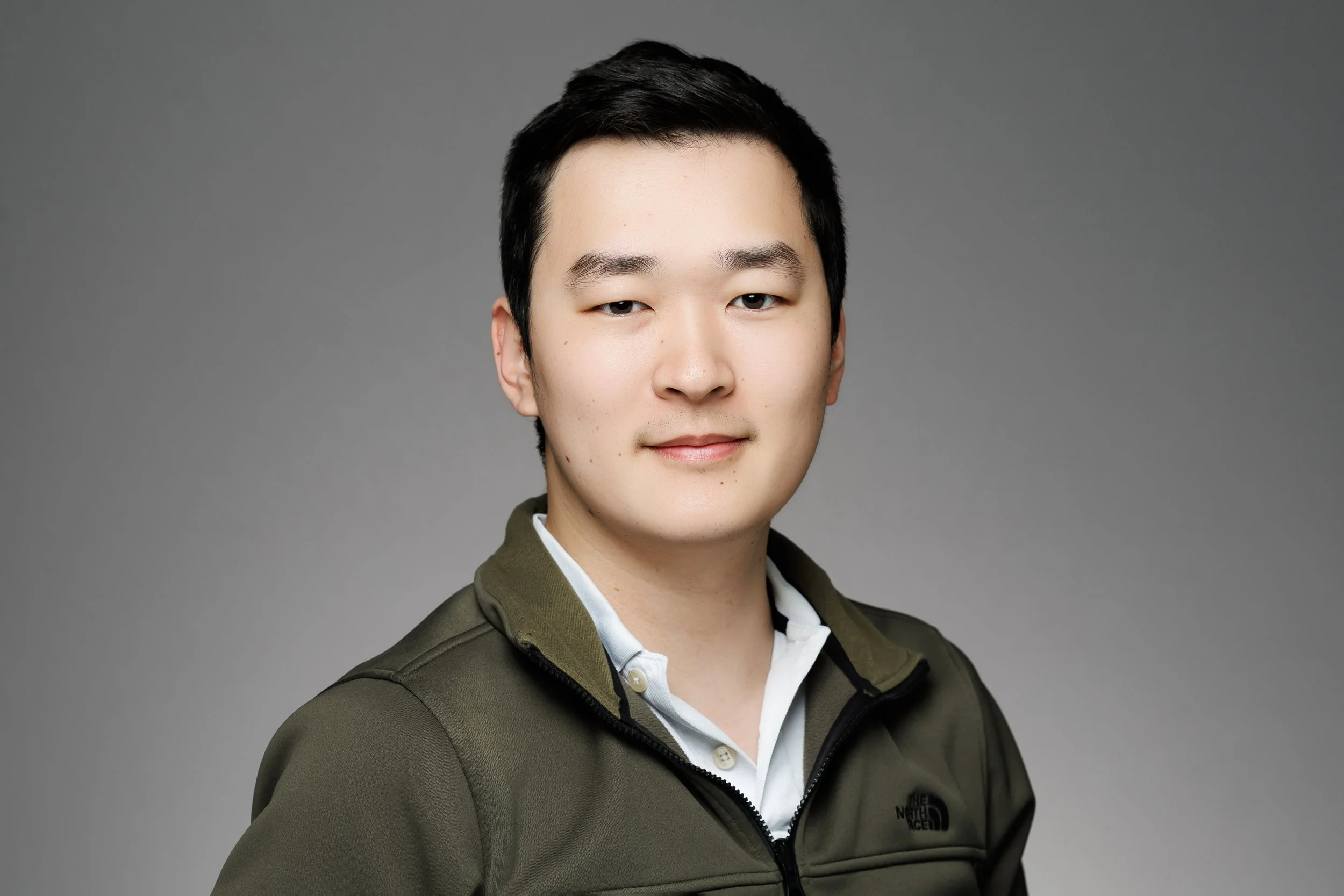
Jonathan Guo
PhD student
B.S. Biomedical Engineering, Columbia University, 2023
Before joining the Fan Lab, Jonathan worked in José McFaline-Figueroa’s Lab at Columbia University studying epigenomic and transcriptomic response to genetic and chemical perturbations. In the Fan lab, he is interested in utilizing spatial multiomics and spatial CRISPR-screening to decipher the mechanisms of cancer metastasis and adaptation. In his spare time, he enjoys watching baseball and building in his home workshop.
-
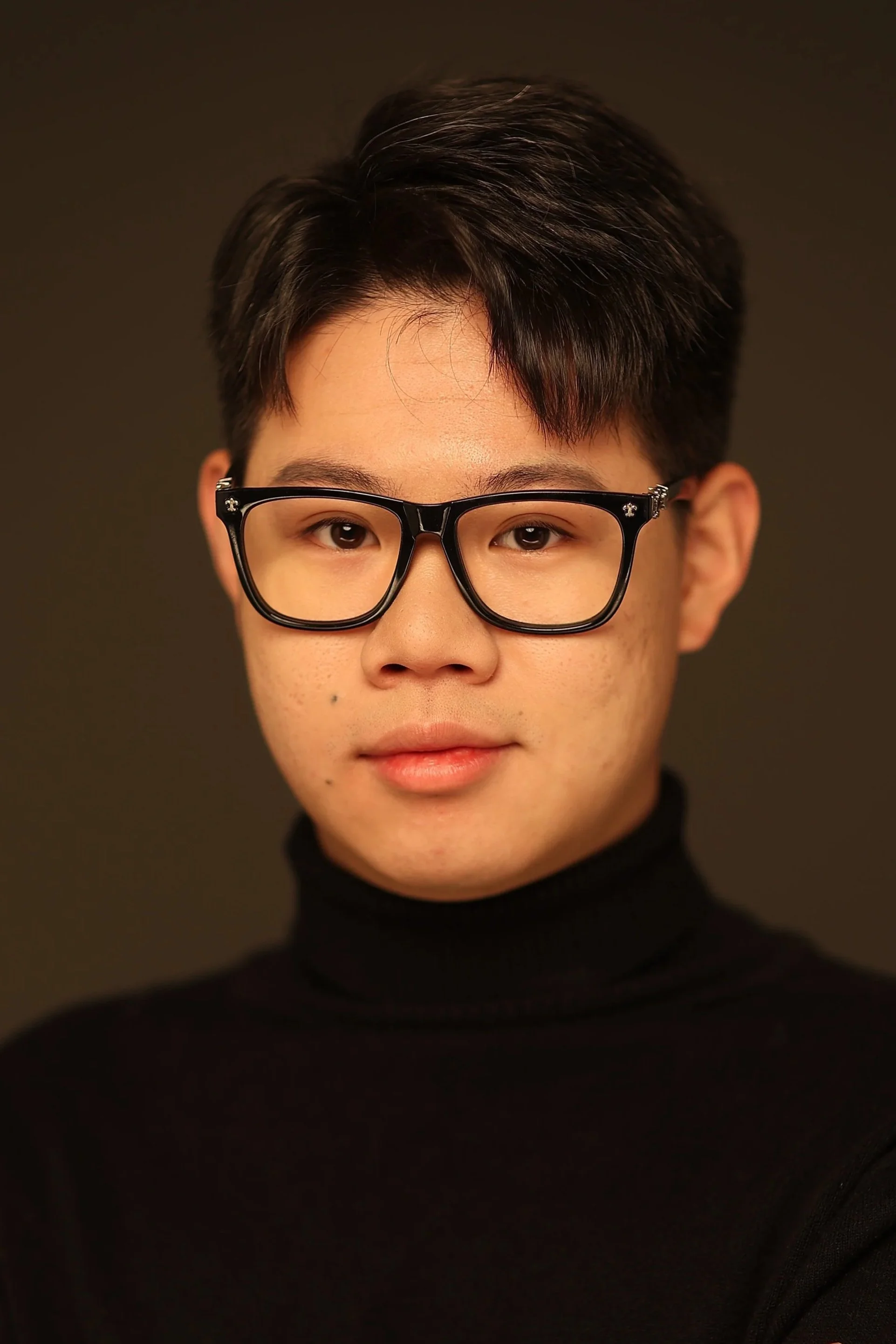
Ce Xu
Master Student
BS. Emory University, 2025
Ce is interested in exploring biological questions using emerging technologies and computational approaches. In the Fan Lab, he applies spatial-omics approaches to investigate cancer progression and tumor microenvironment organization. In parallel, he contributes to cell culture experiments and is dedicated to developing immunological in vitro models for the lab. In his spare time, he enjoys working out and cooking.
ALUMINI
-

Zhiliang Bai
2021-2025, Postdoc
Current: Assistant Professor at MIT
-
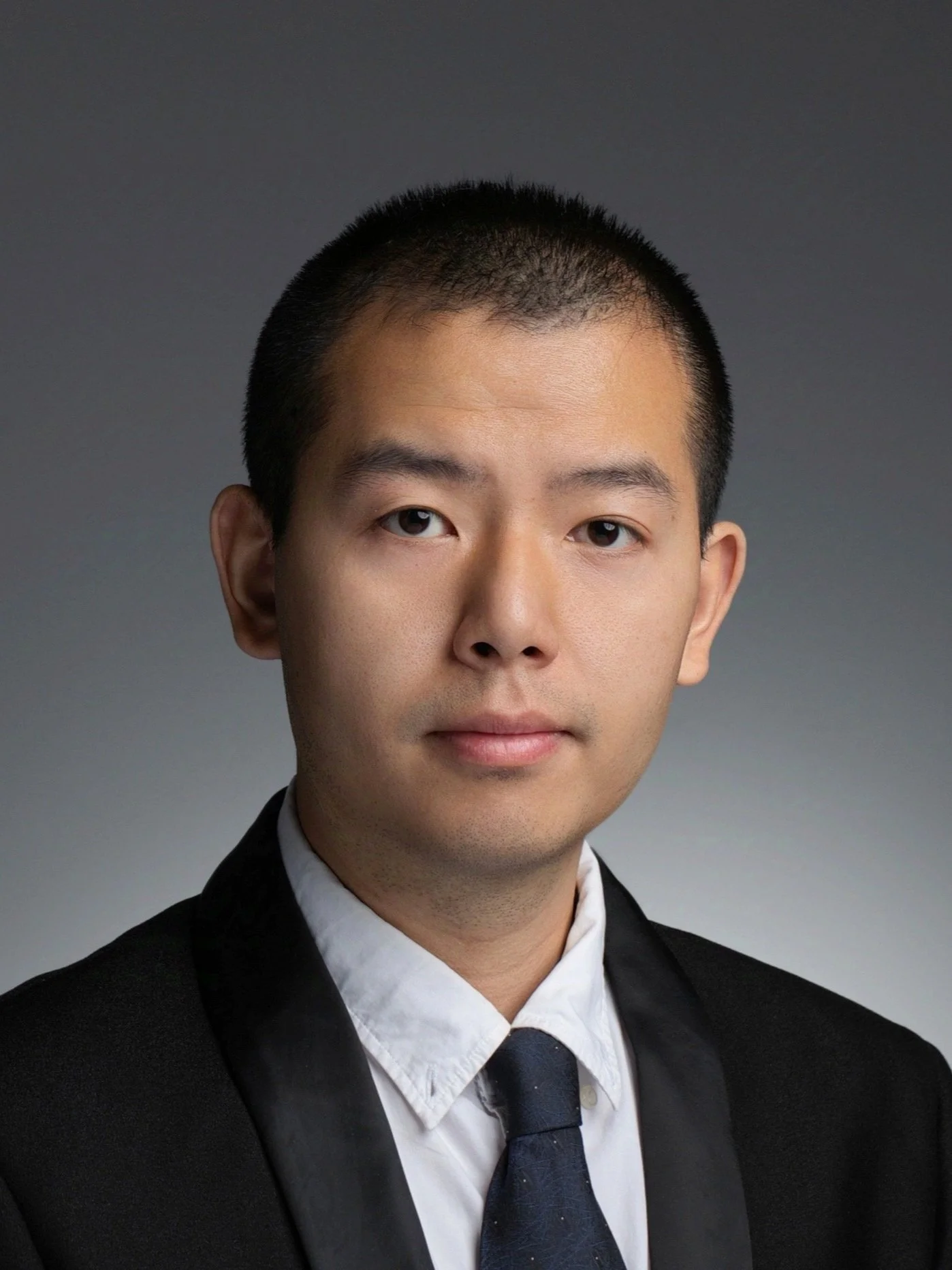
Haikuo Li
2023 - 2025, Postdoc
Current: Assistant Professor at Shaihai Jiaotong University
-

Bo Tao
2021 - 2025, Associate Research Scientist
Current: Assistant Professor at Zhejiang University
-

Shuozhen Bao
2021 - 2025, PhD Student
Current: Postdoc at KTH Royal Institute of Technology
-
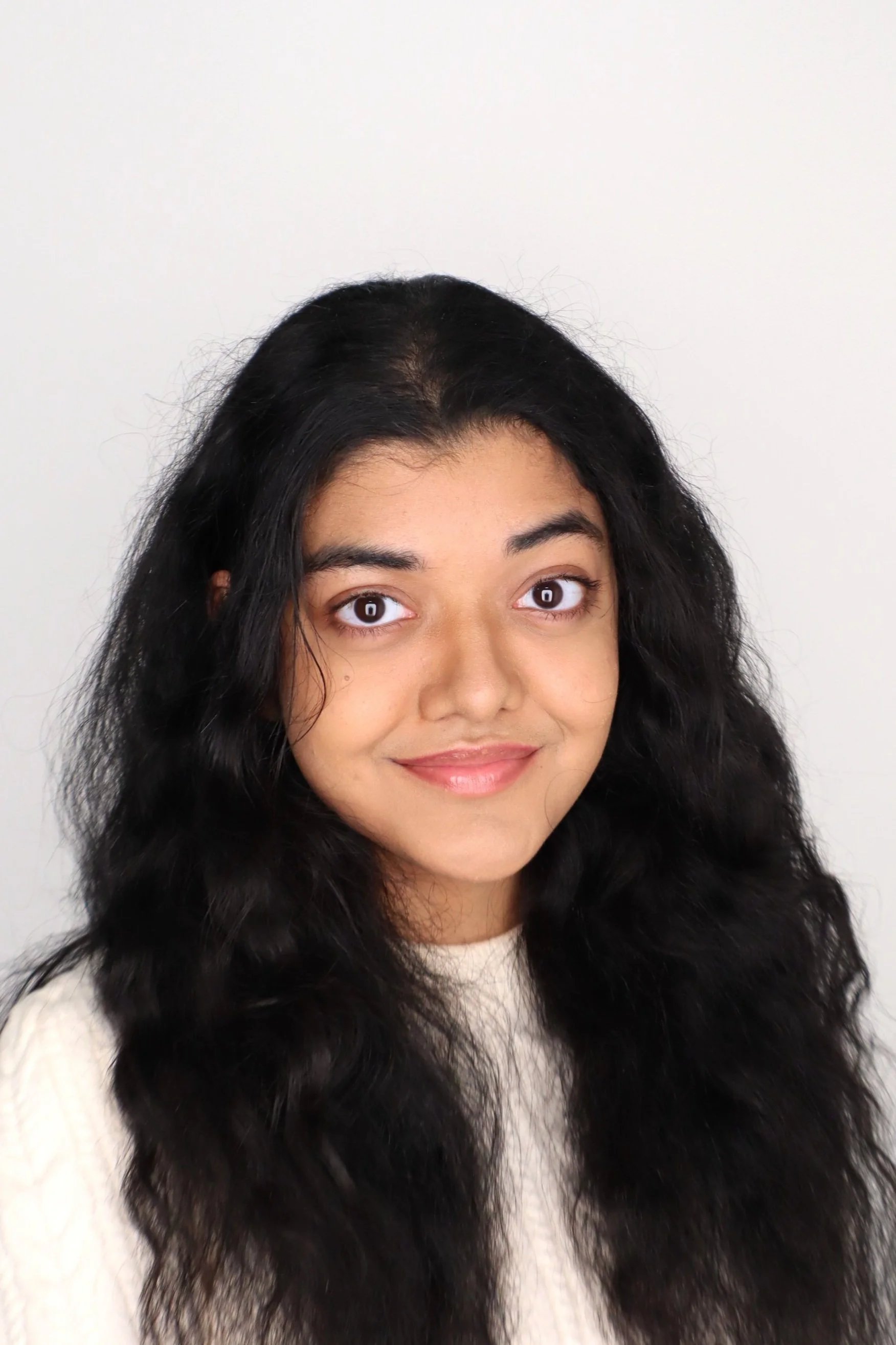
Anusree Chakraborty
2025 PEB Intern
-
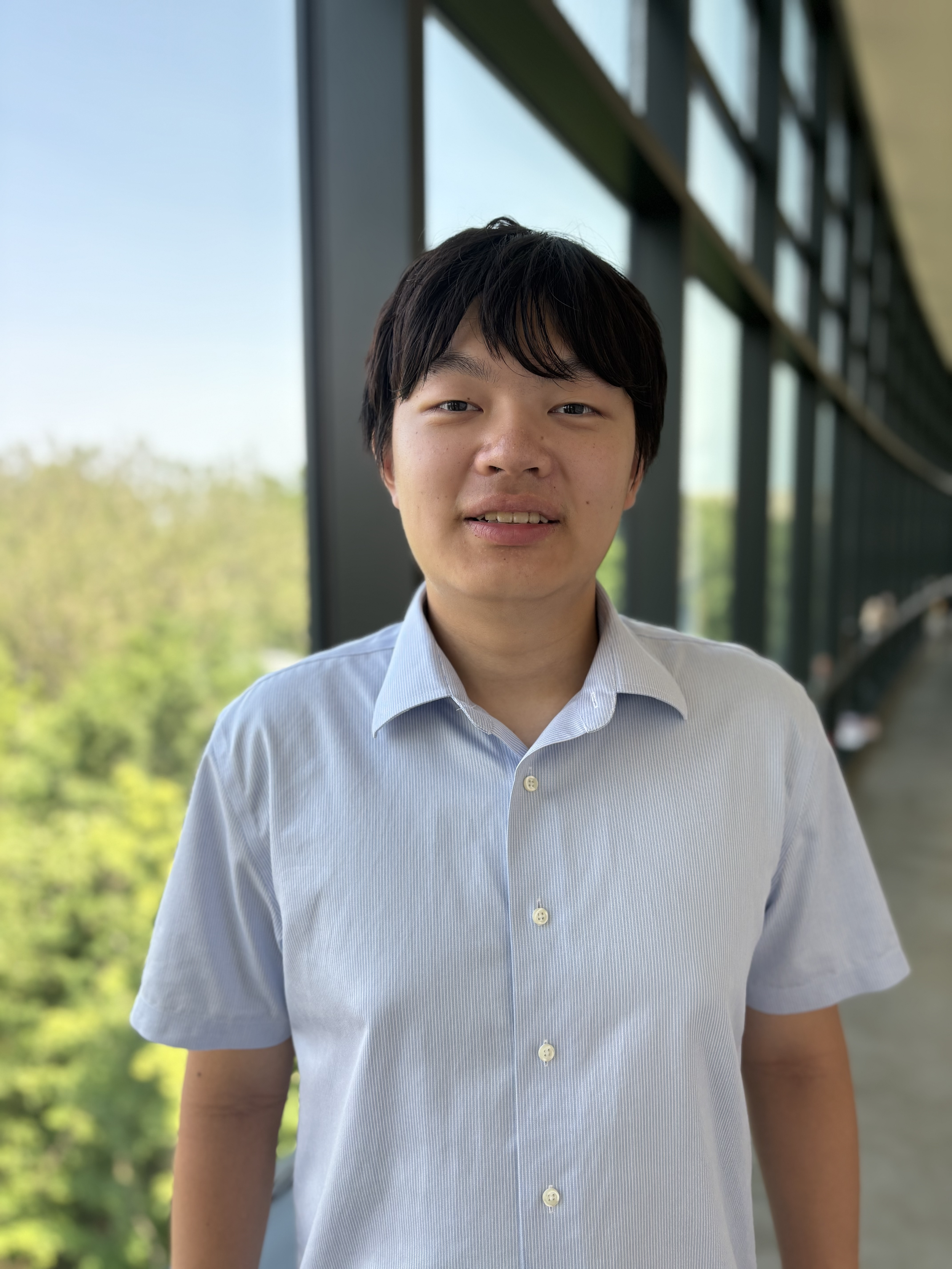
Siyan(shane) Deng
2025 Summer Intern
-
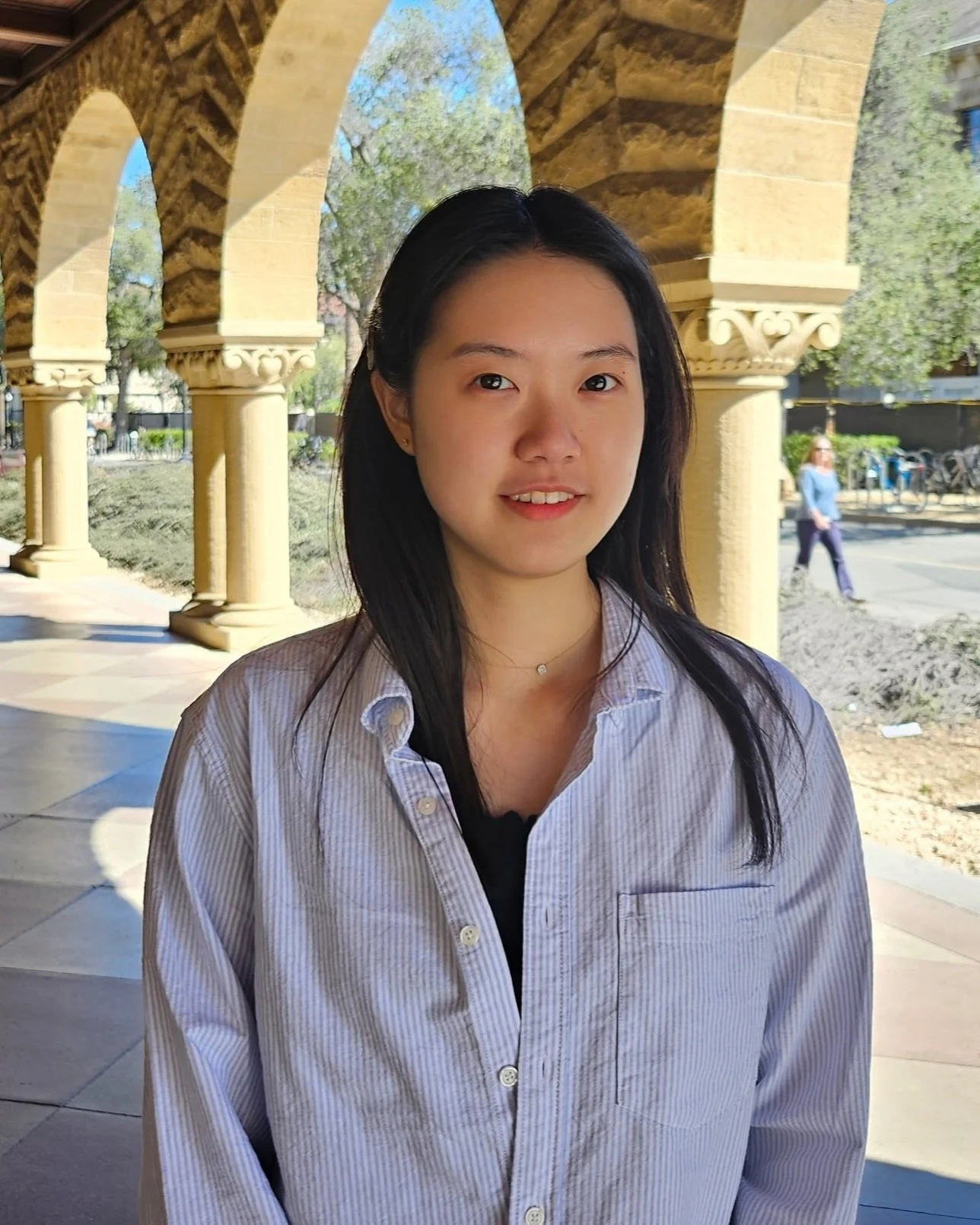
Emily Hwang
2025 Summer Intern
-

Evan Loe
2025 SenNet Intern
-
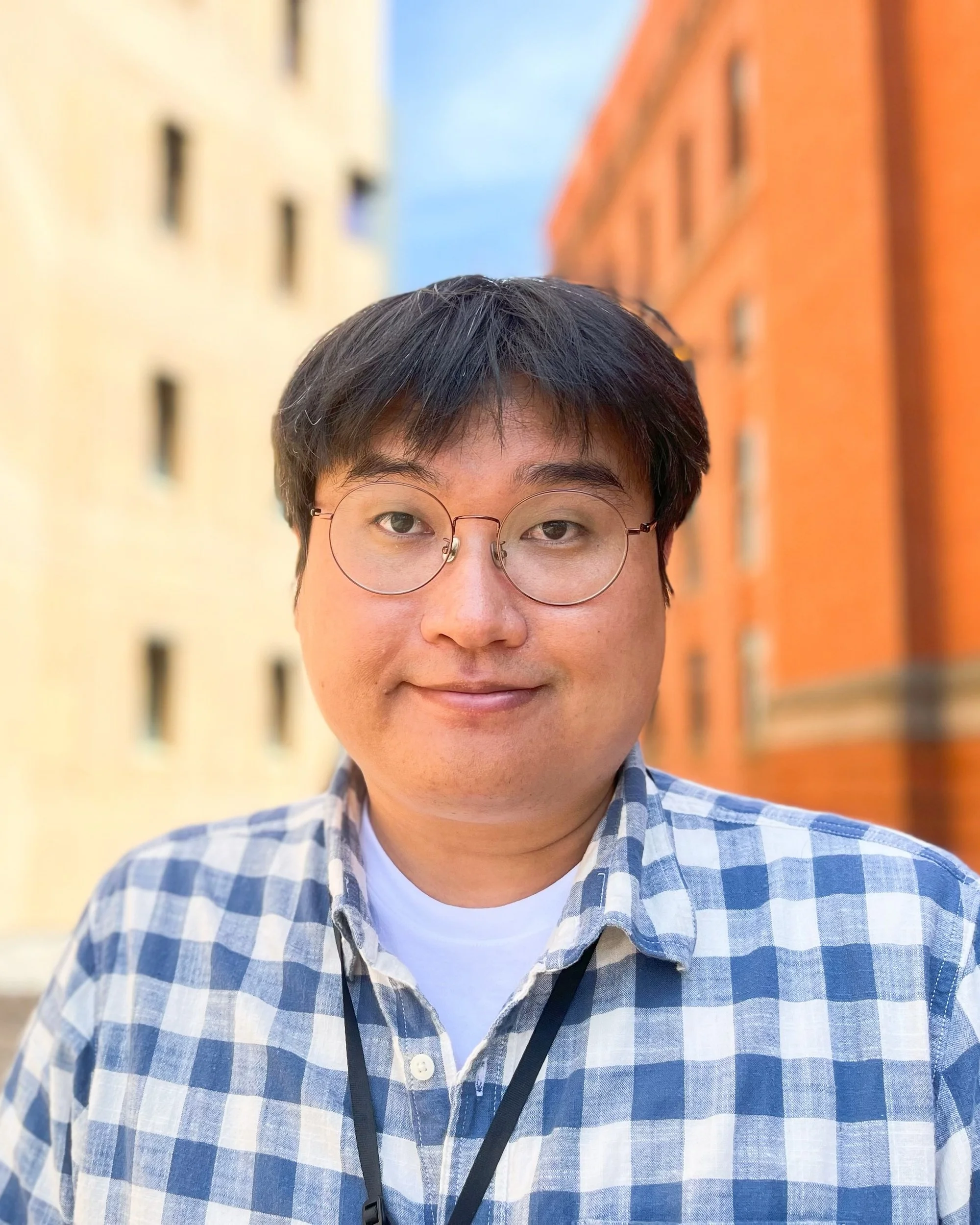
Dongjoo Kim
2016-2025, Postdoc/ARS
Current:
-
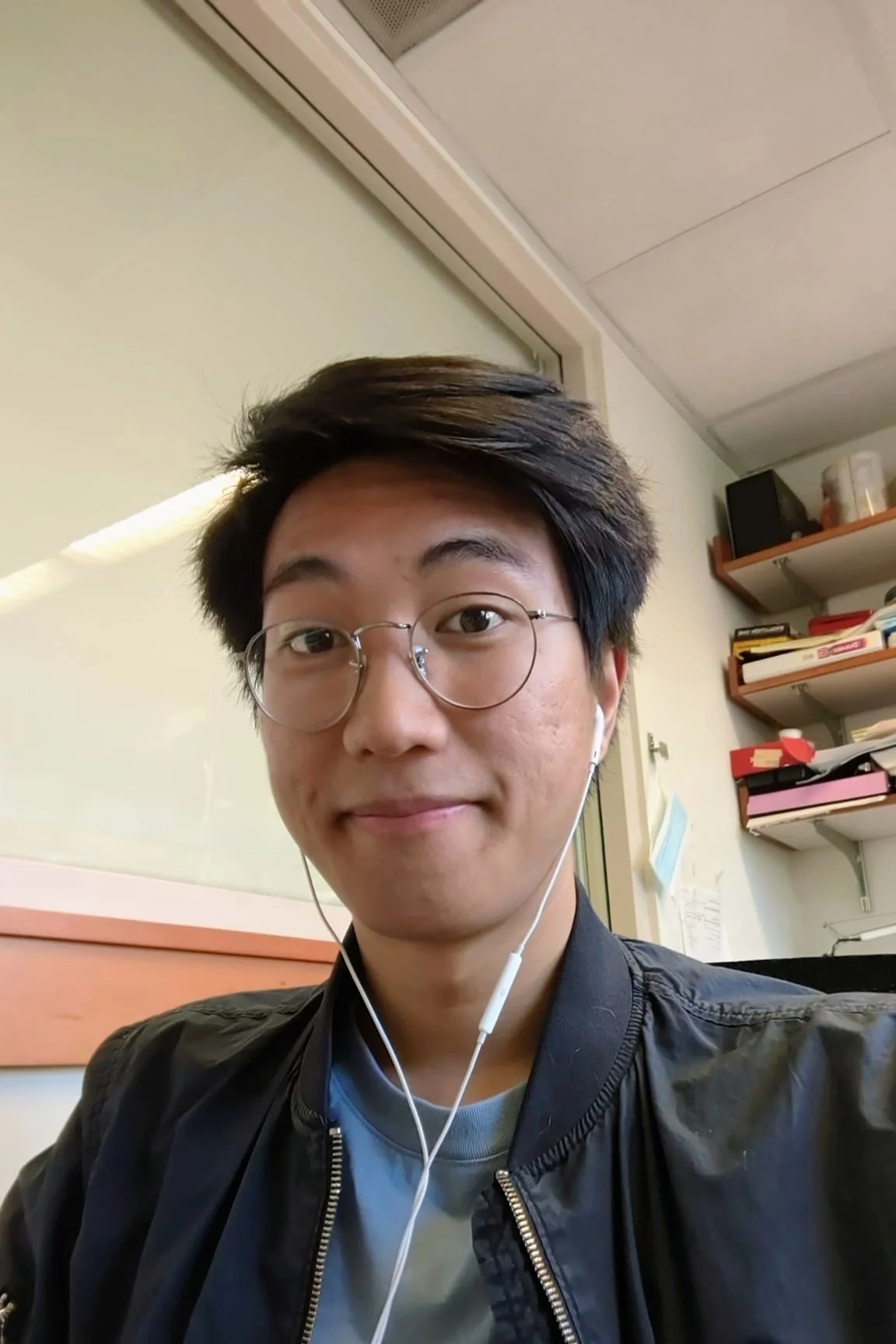
Graham Su
2018-2024, PhD Student
Current: Postdoc at Yale University
-

Yang Liu
2018-2022, Postdoc
Current: Assistant Professor of Pathology, Yale University
-
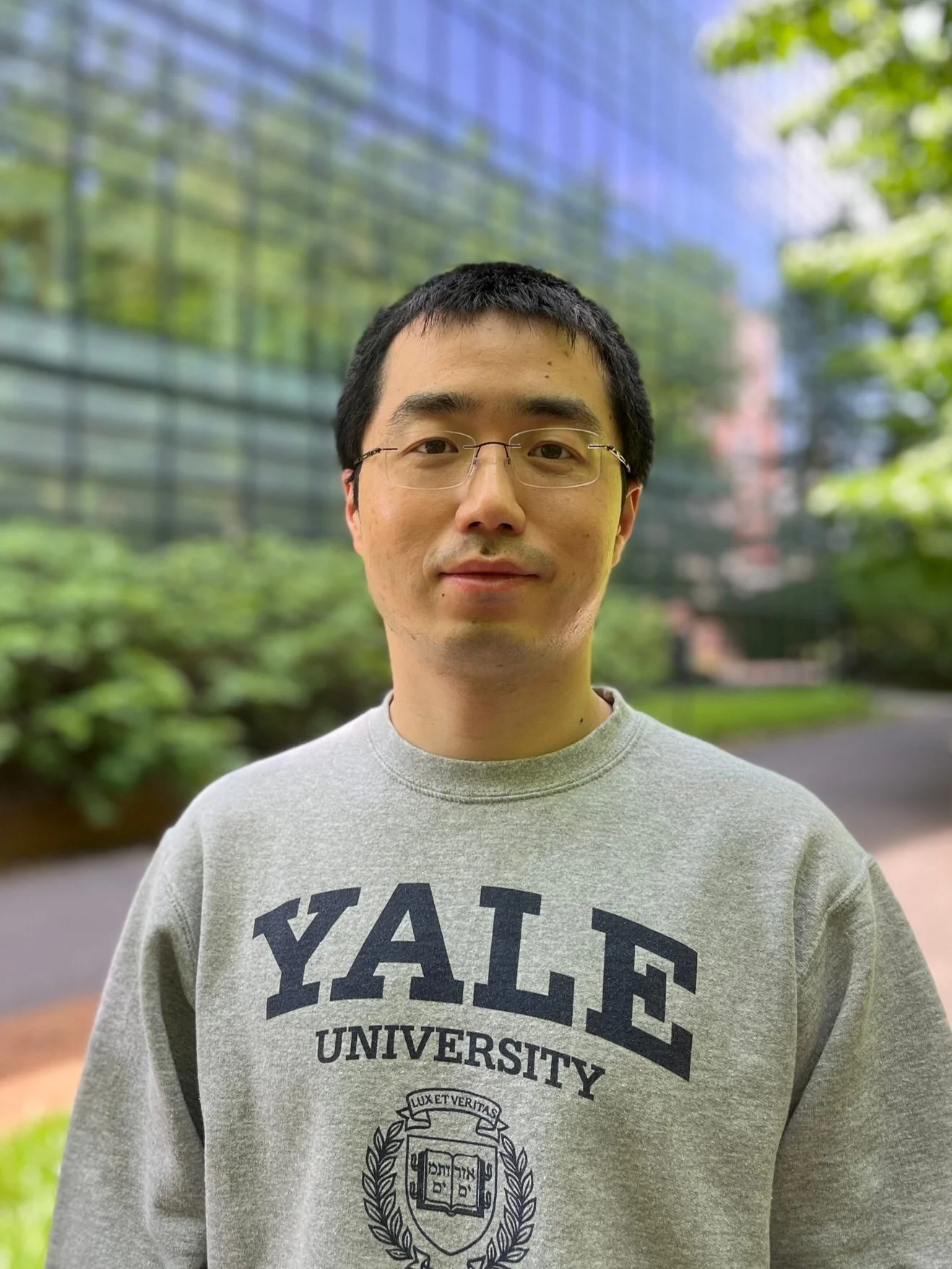
Yanxiang Deng
2018-2022, Postdoc
Current: Assistant Professor, University of Pennsylvania
-
Yong Xiao
2019-2020, visiting students
-
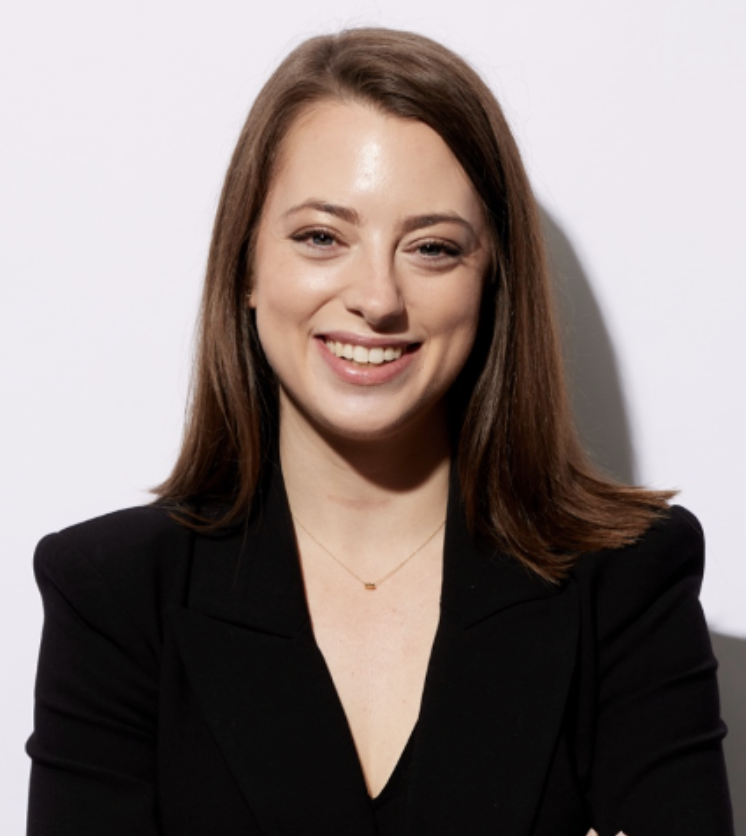
Amanda Finck
2018 - 2020, Postgraduate Researchers
Current: PhD student at the University of Pennsylvania
-

Xiao Yang
2013-2019, PhD Student
Current: Assistant Professor, University of Michigan
-
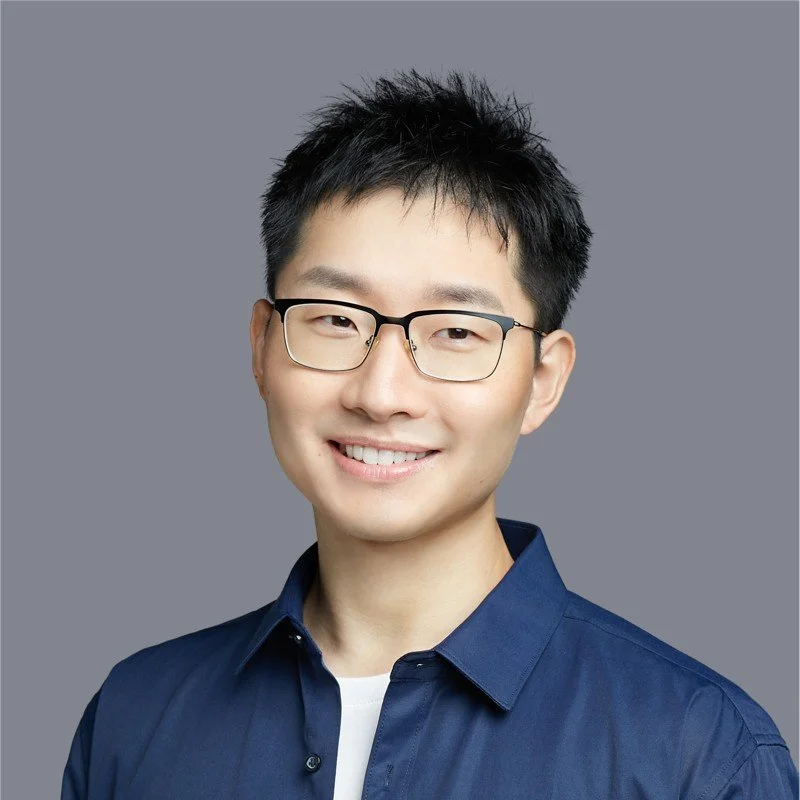
Zhuo Chen
2014-2019, PhD Student
Current: Senior Associate at Matrix Partners
-
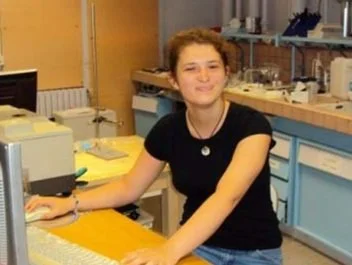
Iva Xhangolli
2012 - 2018, PhD Student
Current: Principle Scientist, Takeda Pharma
-

Burak Dura
2016-2018, Postdoc
Current: Scientist at Qiagen
-
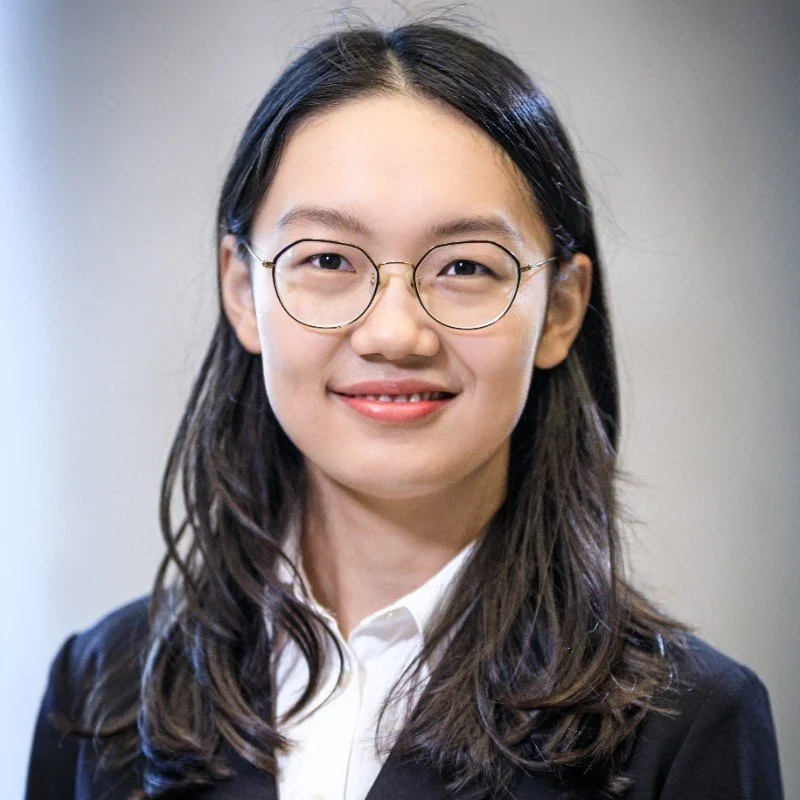
Kerou Zhang
2017-2018, visiting students
Current: Scientist at Illumina
-

Nayi Wang
2012 - 2017, PhD Student
-

Jonathan Chen
2011 - 2017, PhD Student
Current: VP of Strategy & Market Development at Standard BioTools
-

Kwak Minsuk
2011 - 2016, PhD Student
Current: Assistant Professor, Yonsei University
-
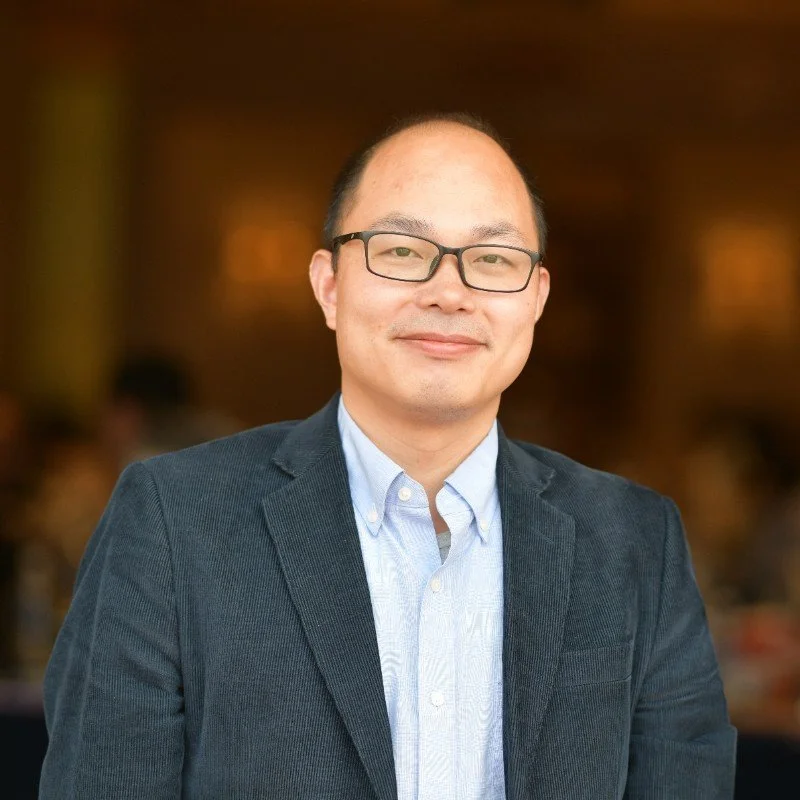
Yao Lu
2011-2015, Postdoc
Current: Professor at Dalian Institute for Chemical Physics, CAS
-
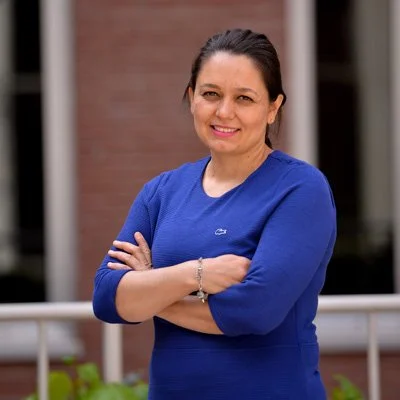
Meltem Elitas
2012-2014, Postdoc
Current: Associate Professor at Sabanci University
-
Endah Sulistijo
2012-2014, Postdoc
Current: Associate Research Scientist, Yale University
-
Lin Han
2011- 2015, Postdoc
Current: Associate Professor at Shandong University
-
Xiaoyuan Zi
2012-2014,Postdoc
Current: Associate Professor at the Second Military Medical University, China
-
Jian Wang
2010-2011
Current: biochemical engineer in Texas -
Yu Wu
2010-2013, Postdoc
Current: Professor at Zhejiang University, China
